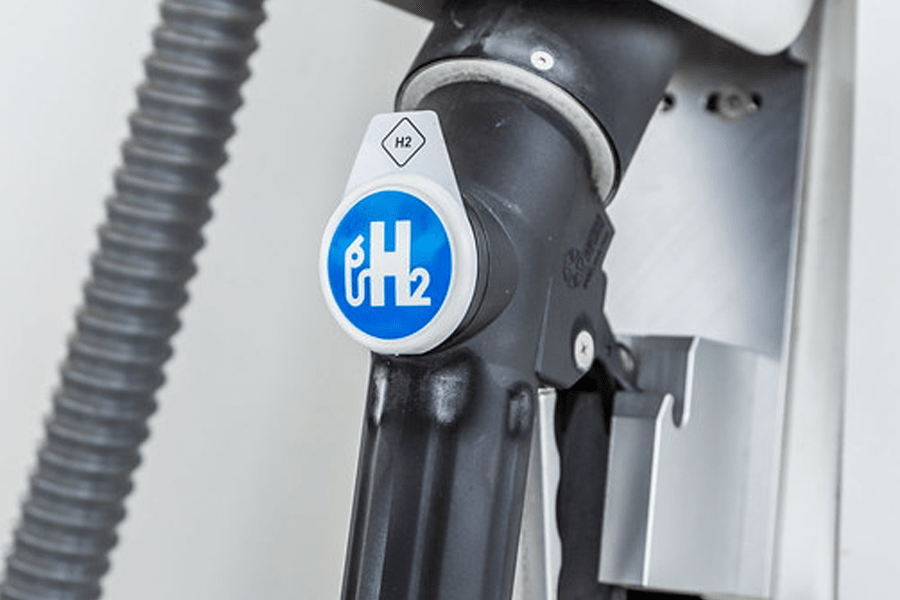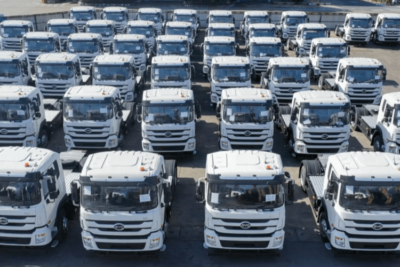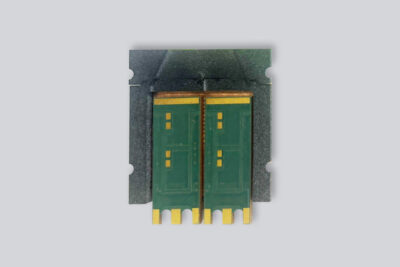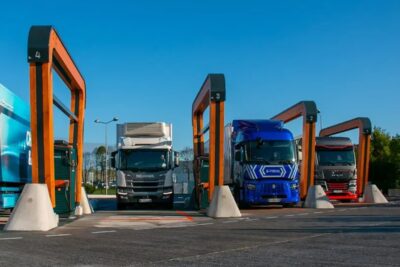Bosch’s eMobility order volume exceeds ten billion euros
Bosch recorded an order volume of over ten billion euros in the field of electromobility for the first time in 2021. In addition, the supplier announces its intention to offer further hydrogen components in the future: The company is also now entering the development of components for electrolysers.
The company is locating the electrolysis components in the mobility sector on the basis of its existing competences and is investing up to 500 million euros in this area by the end of the decade. In the process, know-how from fuel cell development is to be used. As in the fuel cell, the stack is the central element in the electrolyser. In each of the series-connected cells, water is converted into hydrogen and oxygen with the help of electricity – the reverse of the fuel cell, in which electrical energy is generated from hydrogen and oxygen. In both systems, the chemical reaction takes place via a proton exchange membrane (PEM).
Bosch calls the combination of electrolyser stack, control unit, power electronics and the necessary sensors Smart Modules. The first pilot plants with such smart modules are scheduled to go into operation in 2023, and Bosch plans to supply the series-production variant to manufacturers of electrolysis plants and industrial service providers from 2025.
Based on the EU’s forecast demand of ten million tonnes of clean H2 in 2030, Bosch anticipates a market volume of around 14 billion euros. “Climate protection cannot wait. We want to support the rapid development of hydrogen production in Europe with Bosch technology,” announced Stefan Hartung, chairman of the board of management of Robert Bosch GmbH, on the occasion of the presentation of the annual financial statement. The regenerative hydrogen produced in the electrolysers is also to be used, but not only, in heavy-duty transport. Bosch also indicates energy-intensive sectors such as the steel and chemical industries, but also private buildings.
For electric mobility based on the fuel cell, Bosch wants to start series production for fuel cell drive in trucks this year. “At the Bamberg site, we aim to be producing stacks with a gigawatt output no later than the middle of the decade,” says Markus Heyn, chairman of the Mobility Solutions business sector. “By 2030, it should cost no more to operate a fuel-cell truck than a diesel – that’s our goal.” Bosch has increased its investment in mobile fuel cells even further – to almost one billion euros between 2021 and 2024.
Last year, Bosch generated a profit of 3.2 billion euros on sales of 78.7 billion euros. It is not only because of the high eMobility order volume that the supplier is betting on the growing business with electromobility. “Electrification is the fastest route to climate neutrality,” says Hartung. However, the Bosch boss stressed that hydrogen is also needed. “Industrial policy should focus on making all sectors of the economy hydrogen-ready,” he demanded. “Electricity-based solutions have priority, but hydrogen-based solutions also need to gain more momentum. We’ll need both if we are to live sustainably on our blue planet.”
bosch-presse.de, bosch-presse.de (hydrogen)






1 Comment